Standing Nose to Shin
Variations for a Solid Foundation
strength
STANDING NOSE TO SHIN
Standing Nose to Shin is an exceptional preparatory posture for Hanumanasana, or Splits Pose, but it is an equally profound posture on its own. It also requires thoughtful preparation, particularly when considering how to optimize the prominent muscle groups that are involved. Your hamstrings, glutes, hip flexors, quadriceps, back muscles, and calf muscles are just some of the highlighted areas of the body that require attention for you to realize your full potential in the pose. In today’s video, Matt lays out the path to increased strength, flexibility, and mobility via these 5 preparatory variations of Standing Nose to Shin. What you’ll see are ways to intelligently break down the posture into bite-sized pieces by attempting them in different planes. Working through these variations is not solely a gateway to the posture but an entrance to amplified body balance.
THE SPLITS
- Improve flexibility of hamstrings, adductors, hip flexors, and glutes
- Hanumanasana Splits
- Center Splits
- Vishvamitrasana
- Standing Splits / Ekapadasana
- Extended Side Plank / Vashisthasana
- Straddle entries for inversions, with modifications for all levels
- Moderate Vinyasa style with alignment, technique, and biomechanics
- Sequences are anatomically informed and carefully crafted
- 12 Classes: All levels appropriate
- Lifetime unlimited access to all
- Attend the livestream OR practice the replays any time that’s convenient for you
$148.00
HAMSTRING, HIP FLEXOR, AND QUAD ACTIVATION
Both palpitation and the use of your own body as a prop are great tools in your yoga practice. In the first variation, Matt has you lace your fingers to grasp underneath the belly of your hamstring. Doing this will allow you to gain a deeper understanding of both the strength and stretch sensation in that area of your body. Pressing down into your hands creates an activation. Once you extend your leg, you’ll initiate the technique of reciprocal inhibition—activating the opposing muscle of the one you’re lengthening. In this case, your quadriceps activate while your hamstrings lengthen. This is important because it helps minimize the potential for overstretching the hamstrings.
Getting your hip flexors more involved means letting go of the grip on your hamstrings and allowing your extended leg to do the work of opposing gravity.
WATCH THE VIDEO
STANDING NOSE TO SHIN: 5 VARIATIONS FOR A SOLID FOUNDATION
STANDING SINGLE LEG AT THE WALL
Using a wall as a prop doesn’t mean that it’s an opportunity to neglect the required muscle activation to prepare for Standing Nose to Shin. This variation is the training ground for the anterior tilt of the pelvis that encourages an increased range of motion. Matt reminds you that even though you fold forward in the final variation, there is still an incorporation of the pelvic tilt.
Along with this pelvic tilt is a lifting of the heart and a backbend, which help you strengthen and activate in order to prepare for the fold in the final variation.
Another important action for the final variation is the dorsiflexion of your foot. What’s taking place here is the strengthening and intentional activation of the tibialis anterior.
As you create these activations, the hamstrings can become more vulnerable, so it’s important to stay in tune with the sensations that are taking place there.
200 HOUR ONLINE TEACHER TRAINING
GET CERTIFIED & DEEPEN YOUR YOGA PRACTICE
- Deepen your yoga practice
- Build confidence speaking in front of groups in person and online
- Learn foundational class structures and templates
- Learn techniques for a wide range of yoga postures
- Get certified and highly qualified to teach yoga
- Yoga Alliance Globally Recognized Certification Program
STANDING SPLITS AT THE WALL
This variation is interesting, because even though you are going more with gravity, there is still opportunity to activate, activate, activate! There’s continued emphasis on activating your quads and glute muscles. As regards the top leg, it’s almost as if you’re trying to lift your leg off of the wall with the glute activation. Doing this mimics the position of the standing leg when you “turn the pose upside down” by standing right side up.
Here, you can also welcome in the deeper fold towards the standing leg. In order to protect the hamstring of the standing leg, you tuck the same-side sit bone while taking your face closer to your shin. Tucking your tailbone produces an activation of the hamstrings and glutes (facilitated stretch) to keep the sit-bone attachment safe.
300 HOUR ONLINE TEACHER TRAINING
GET 500 HOUR CERTIFIED AS A MASTER TEACHER
Master your skill set as a teacher through refined techniques, anatomy, biomechanics, sequencing, philosophy, meditation techniques, theming, yoga business, and much more!
- Get 500 hour certified
- Learn anatomy, biomechanics, asana techniques
- Expand your teaching skills
- Masterful sequencing and verbal delivery
- Learn meditation and breathwork techniques
- Transformative tools: theming, dharma talks, satsang
SEATED, SUPINE, AND STANDING
Getting onto the floor offers another chance to imitate the posture with less emphasis on balance. You’re able to continue to work on activating the quadriceps in the lower leg, just as you will in the standing pose.
In the video, even though Matt is leaning forward towards his shin, you can also see how long and “upright” he appears in his alignment. This gets more range but with increased protection of the spine and whole backline.
Attempting the final variation of Standing Nose to Shin adds layers of challenge. If you carefully complete the 5 stages Matt demonstrates, you’ll be able to uncover the articulations, activations, and ranges that require more attention.
Matt’s in-depth approach goes even further in his 200 & 300 hour teacher trainings. This is where you can dive deeper into the core of multiple postures and their variations.
The 200 Hr. Teacher Training: Click Here to See the Next Start Date
The 300 Hr. Advanced Teacher Training: Click Here to See the Next Start Date
Article by Trish Curling
Video Extracted From: Splits Immersion
Continue Learning
Redefine Chaturanga
Redefine ChaturangaALIGNMENTREDEFINE CHATURANGA To redefine Chaturanga, we first have to be willing to challenge what we think we already know. Many of us were taught a narrow-hand, elbows-tight variation of the pose—elbows hugging the ribs, hands close beneath the...
Tight Hips
Tight HipsHIP MOBILITYTIGHT HIPS When working to release tight hips, most people instinctively go straight for deep stretches. But one often overlooked area that holds a surprising amount of tension is the adductorS (the inner thigh muscles) that connect to the...
Retraction Of The Scapula
Retraction Of The ScapulaSHOULDER ACTIONSRETRACTION OF THE SCAPULA It may appear that scapular retraction holds less weight in finding deeper backbends, but this action can be quite significant in what we experience when it comes to strength, stability, and...
Conquering Compass Pose
Conquering Compass PoseSURYA YANTRASANACONQUERING COMPASS POSE Conquering Compass Pose isn’t about forcing your leg behind your shoulder—it’s about understanding and participating in the muscular coordination that makes the posture possible. The real power comes from...
Leg Over Head Pose
Leg Over Head PoseEKA PADA SIRSASANALEG OVER HEAD POSE Leg Over Head Pose is one of those postures that challenges not only our bodies but also our mindset. When faced with a seemingly impossible pose, we tend to respond in one of three ways: dismissing it as...
Spanda In Backbends
Spanda In BackbendsSIDE PLANKSPANDA IN BACKBENDS Spanda in backbends is the key to creating both stability and freedom in spinal extension. Backbends are not just about bending; they require a balance between expansion and controlled engagement to prevent excessive...
THE FREE TECHNIQUE PACK
When You Subscribe, You Will Get Instant Access to
- the Technique Pack: 15 yoga pose breakdowns
- exclusive online course discounts
- exclusive blogs and videos
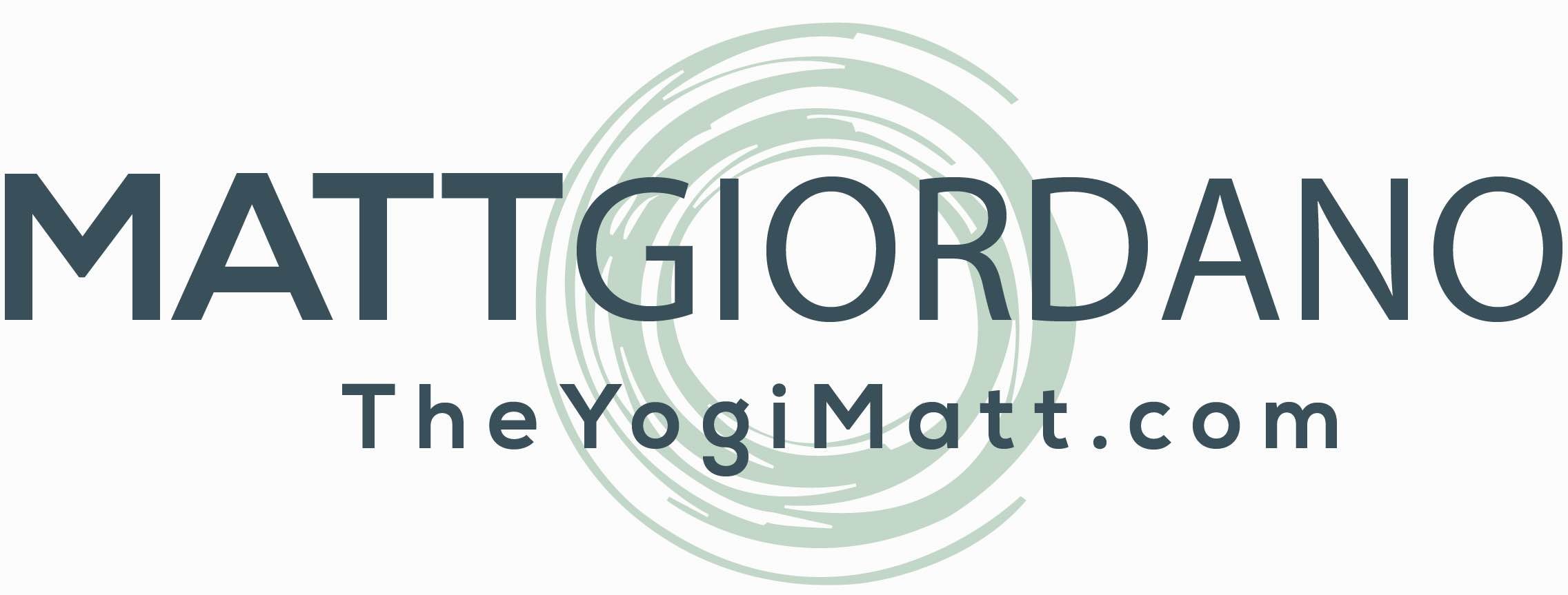
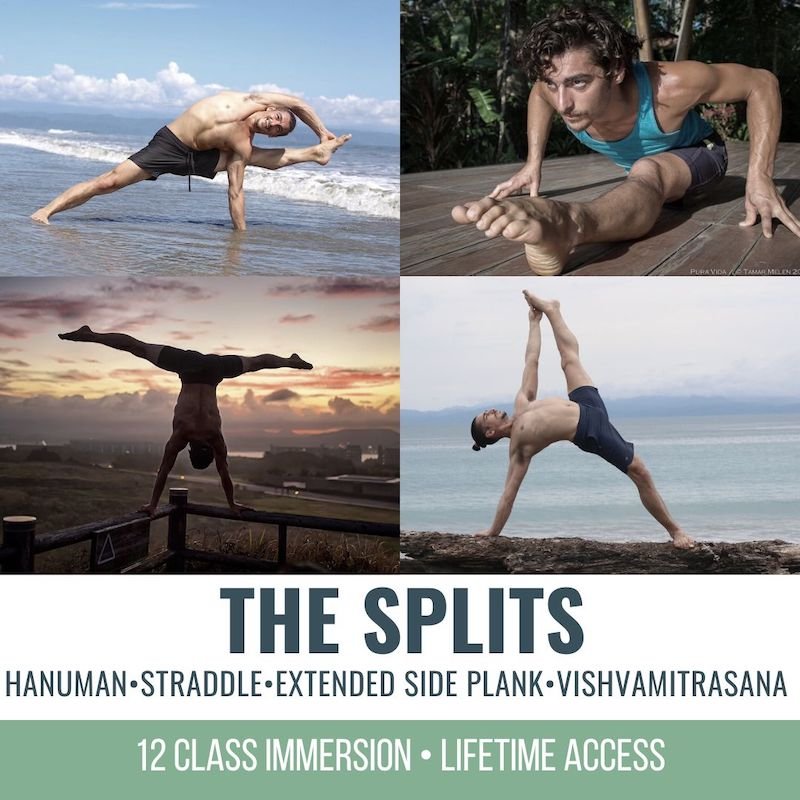



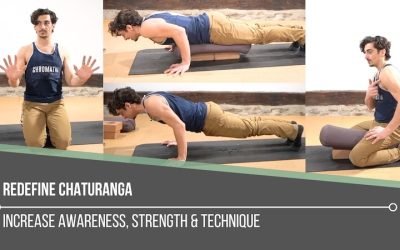
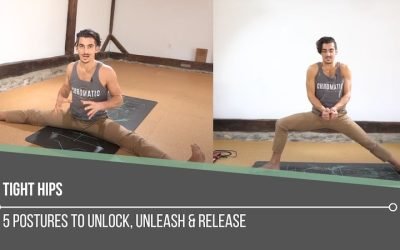
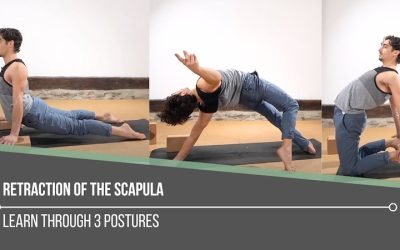
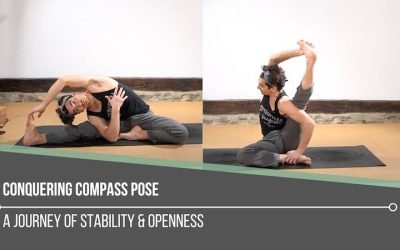
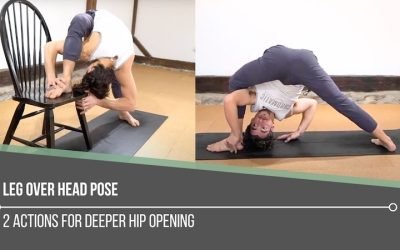
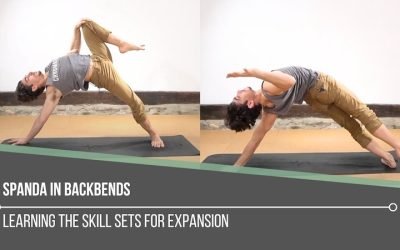



0 Comments